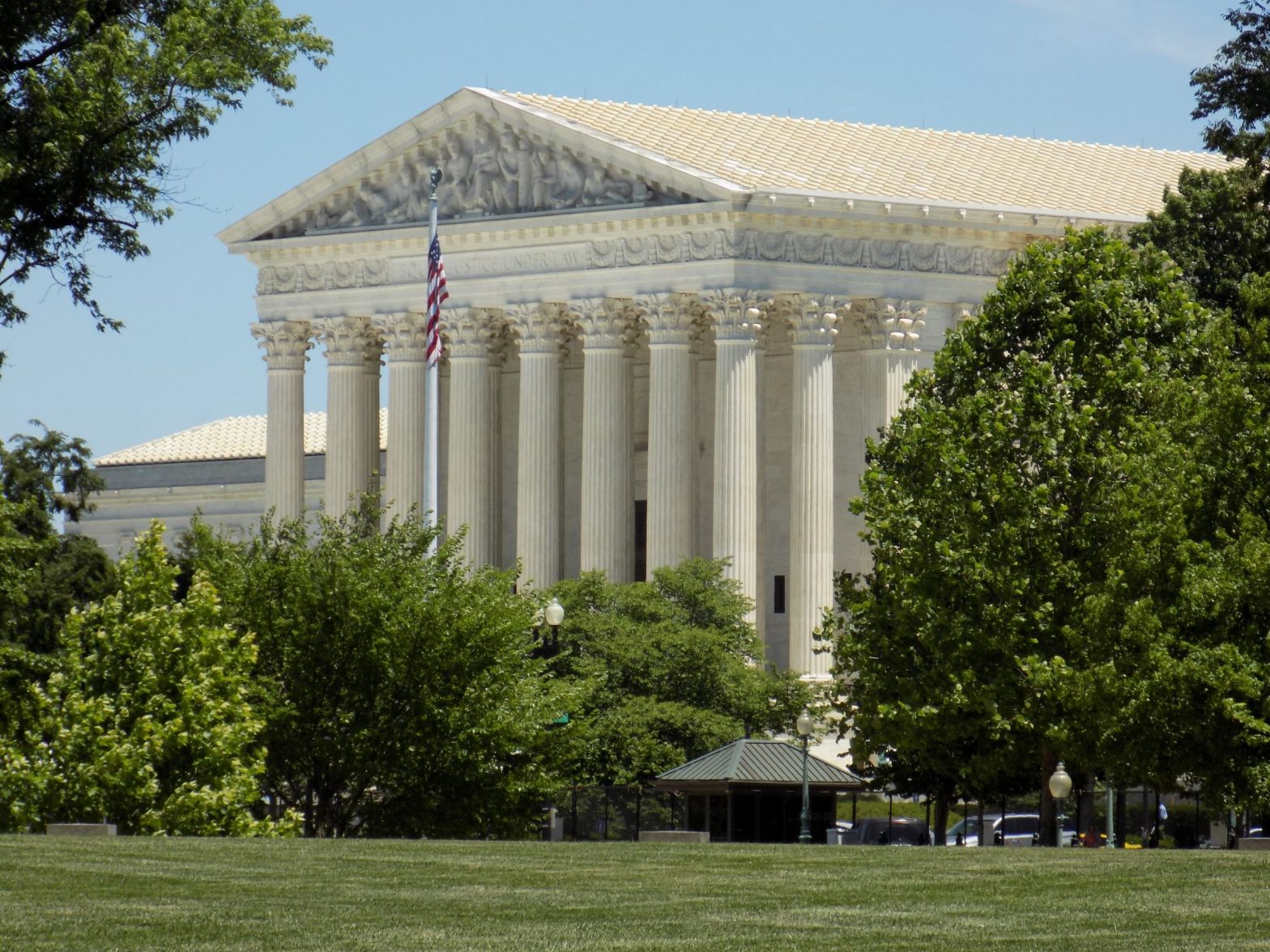Supreme Court Leans Toward Limiting Public Corruption Prosecutions

WASHINGTON — The U.S. Supreme Court heard a case Monday in which a victory for the defendant would make it harder to prosecute public corruption cases when one of the accused is a private citizen.
Statements by the justices during the hearing indicated they believed Justice Department prosecutors were overstepping their authority.
The defendant is a former campaign manager for then-New York Gov. Andrew Cuomo in 2014. He was prosecuted after he took a $35,000 bribe from a real estate developer who wanted help from state officials to continue his government contract before resolving a labor dispute.
The state had required the developer to reach a “labor peace agreement” with unions before proceeding with the project.
The campaign manager, Joseph Percoco, used his influence by calling the head of a state development agency and asking him to grant permission for the project to move forward without an agreement. The next day, state officials granted the real estate developer the waiver he wanted.
The project was called the “Buffalo Billion” for its big redevelopment plans in upstate New York and the western part of the state. It would use $1 billion in grants and tax breaks to spur economic development, such as for a $750 million solar panel factory.
Percoco was convicted in 2018 and sentenced to six years in prison on charges that included violating a federal honest services fraud law. The law makes it a felony to deprive the public of the right to honest services.
On appeal, Percoco argued he never should have been prosecuted because he was a private citizen when he took the bribe. He says the public corruption law is supposed to be used only against public officials.
“The public has no right to any ‘service’ of a private citizen,” Percoco’s attorneys argued in their Supreme Court brief.
His conviction for honest services fraud represents a “startling expansion of federal bribery law” that risks putting “lobbyists, donors, and virtually every other politically active individual at the mercy of headline-hungry prosecutors,” the brief says.
Percoco lost in a previous appeal while making the same argument.
The Second Circuit Court of Appeals upheld his conviction while saying private citizens who can influence government decisions “owe a fiduciary duty to the citizenry.”
Percoco was a former New York employee and Cuomo campaign manager who used his “position of power and trust” to win a favor for a state contractor, the Second Circuit said.
During arguments before the Supreme Court Monday, conservative justices indicated they might be willing to roll back how broadly the federal honest service fraud law can be wielded by prosecutors.
“It seems as though we are using a federal law to impose ethical standards on state activity,” Justice Clarence Thomas said.
Justice Department attorneys said Percoco, who was previously Cuomo’s executive deputy secretary before resigning to manage his political campaign, still performed the equivalent of a government job. He worked out of state offices and gave instructions to the governor’s staff.
After Cuomo was reelected, Percoco returned to his job as the governor’s executive deputy secretary.
Chief Justice John Roberts seemed unconvinced by the Justice Department’s argument when he said it was like “an effort to break down the concept of political power.”
A ruling in favor of Percoco would continue a recent trend on the Supreme Court of limiting the scope of federal public corruption prosecutions.
In other cases, the Supreme Court overturned convictions of former Virginia Gov. Bob McDonnell in 2016 and of two associates of former New Jersey Gov. Chris Christie who were accused of contributing to the 2020 George Washington Bridge lane-closing scandal.
After the hearing, Yaakov Roth, Percoco’s attorney, said in a statement, “As we have argued from the outset, this prosecution was an abuse of the federal fraud statutes that blurred the fundamental line between private citizens and public officials.”
The court also heard arguments Monday in the related fraud case of Louis Ciminelli, who was convicted in a bid-rigging scheme. His Buffalo, New York, firm won a $750 million development contract with the state.
A Supreme Court ruling in the case, Percoco v. United States, is expected next spring.
Tom can be reached at [email protected] and @TomRamstack























